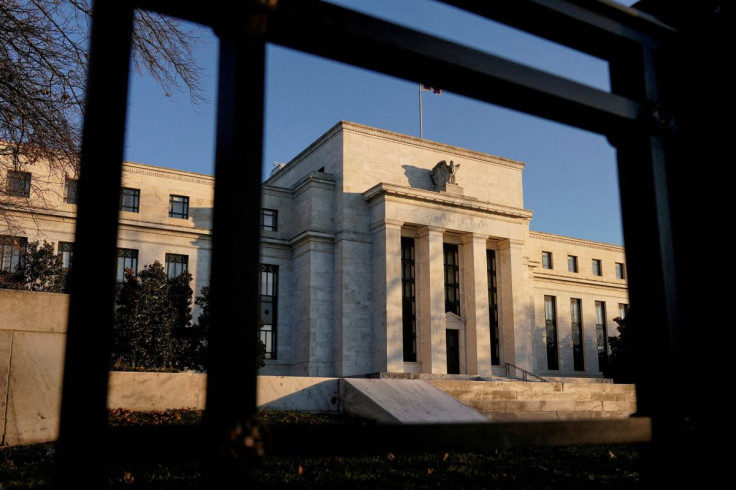Barr, Biden's Pick For Fed Regulation Role, Makes His Case Before Senate

Michael Barr, the second person nominated by Democratic President Joe Biden to be the Federal Reserve's Wall Street cop, appeared before the Senate on Thursday to make the case for why he should take on the central bank's sweeping regulatory portfolio.
Barr, a former Treasury Department senior official under President Barack Obama, looks to be well-positioned to win Senate confirmation after receiving early support from key moderates and progressive Democrats in the evenly divided chamber.
In his opening remarks, Barr said he would work to ensure the financial system is resilient, operates fairly, and allows room for innovation with "clear rules of the road."
He is in a stronger position than Sarah Bloom Raskin, Biden's first nominee for Fed supervision vice chair, who withdrew her nomination after Democrat Joe Manchin refused to back her.
Barr, currently a law professor, has already drawn support from moderate Democrats, including Manchin, and progressives anxious to ramp up scrutiny of Wall Street after what they say was regulatory easing under Republicans. At Treasury, Barr was a central figure in the drafting of the 2010 Dodd-Frank financial reform law, which established a range of safeguards following the 2008 financial crisis.
"This is going to be a far easier, simpler and faster hearing than we saw last time," said Isaac Boltansky, director of policy research for brokerage BTIG, adding that Barr should be confirmed by August.
But he faced some skepticism from Republicans early in the hearing. Senator Pat Toomey, the top Republican on the panel, said Barr had an "impressive background" but he had some concerns. He noted Barr opposed a 2018 bank deregulation bill that was backed by some Democrats and has previously discussed climate change as a long-term economic and financial risk.
Barr would fill the remaining vacancy on the Fed board and take on a broad agenda that is likely to include revisiting rules that were eased under his predecessor, Randal Quarles, and taking steps to address climate change risk, fintechs and cryptocurrencies.
Raskin withdrew her nomination after Manchin, who represents coal-producing West Virginia, opposed her because she had called for financial regulators to more aggressively police climate change risks. The decision effectively ended her nomination.
Manchin announced on Tuesday that he would back Barr. In the party's progressive wing, Elizabeth Warren, a prominent big-bank critic, said in April that she supported Barr.
Progressives changed their tune on Barr after opposing him last year for comptroller of the currency, another top regulatory post. They wanted a more liberal pick, saying his work in the private sector, as well as his resistance to some stricter Dodd-Frank proposals, were marks against him.
However, after progressives' preferred candidates, including Raskin and Saule Omarova, a previous Biden pick for comptroller of the currency, flopped amid resistance from moderate Democrats, they are now eager to simply fill key posts.
The Fed's regulatory work, for example, has slowed with no fulltime supervision chief.
If confirmed, Barr also will join 18 other Fed policymakers in setting the course of monetary policy as the central bank battles to bring down 40-year-high inflation. Barr's views on monetary policy are not well known, but he noted in his testimony that he would be "strongly committed" to bringing down inflation.
© Copyright Thomson Reuters 2024. All rights reserved.











